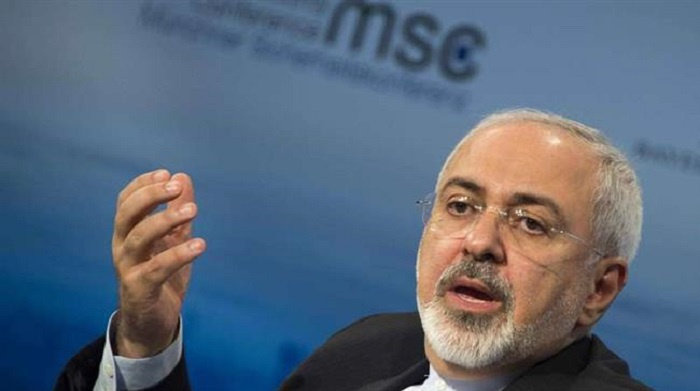Iran and the European Security

Today, Europe is a continent in turmoil, partly as a result of its proximity to the Middle Eastern hotspots that have unleashed waves of refugees toward Europe, causing serious political and security headaches. This is also partly due to the lingering Ukrainian crisis that has exacerbated Europe's security concerns, compared to the Americans who are in safe distance and can therefore insulate themselves from the direct impacts of these crises to some extent. The US-European gaps in security concerns as well as security threat perceptions are important factors that the Islamic Republic of Iran needs to take into consideration, in light of Europe's new, post-nuclear crisis re-engagement with Iran.
Of course, Europe is still covered by the North Atlantic Treaty Organization (NATO), which has inducted the former USSR satellite states in Eastern Europe. But the future of NATO in Europe, led by the United States, is uncertain and under a thick cloud of suspicion -- that the US is more interested in using NATO for its global hegemony than in protecting European interests and concerns. After all, the 28-member European Union (EU) happens to share some of Russia's security threat perceptions, even though the US
does not necessarily share those perceptions. Thus, while since the 1980s the US has been using the radical Islam card against Russia, and the USSR before its collapse, the Europeans are intrinsically uninterested in this American 'game of strategy' vis-a-vis Russia that seeks to manipulate Russia's vulnerabilities. As a result, what some US policy-makers may regard as "crisis of opportunity" in some parts of Europe or the Middle East, the Europeans simply regard them as negative or damaging crises, such as the current Syrian crisis that has led the pragmatic Europeans to revise their hostilities toward Bashar al-Assad, who is leading the fight against Jihadists and the Islamic State (Daesh) with help by Iran and Russia.
France, in particular, has, since last year’s terrorist attacks, moved closer to Russia, by invoking the European concept of collective security instead of turning to NATO. In light of the recent Iran-France rapprochement, Iran has also moved closer to France and the EU on the security front, even though Iran continues to remain as a top national security worry by the US. Europe desperately needs an immediate end to the crisis in Syria, which in turn reflects Paris's built-in desire to improve ties with Iran for the sake of a political solution in Syria, which is not necessarily the case with the US, which continues to play a 'mixed motive game' in Syria, thus lacking transparency. Despite all the recent diplomatic initiatives to bring an end to the Syrian crisis, both the multiplicity of players and the subtle differences among the principal international actors have hampered this diplomacy.
Iran's Foreign Minister Javad Zarif has unveiled a 4-point peace plan for Syria that emphasizes the importance of an immediate cease-fire and the mechanisms for advances toward a government of national unity based on free and popular elections. The prerequisite political dialogue among the Syrian stakeholders is still lacking to some extent and it remains to be seen if any tangible progress can be achieved on Syria in the next few months.
Meanwhile, what is clear is that the Iran-US relations are somewhat frozen due to the sanction laws, which must be revised before any substantial progress in the area of US-Iran can be achieved. Yet, as stated above, Europe and Iran have a clear path for security cooperation that, logically speaking, ought not to be missed.

